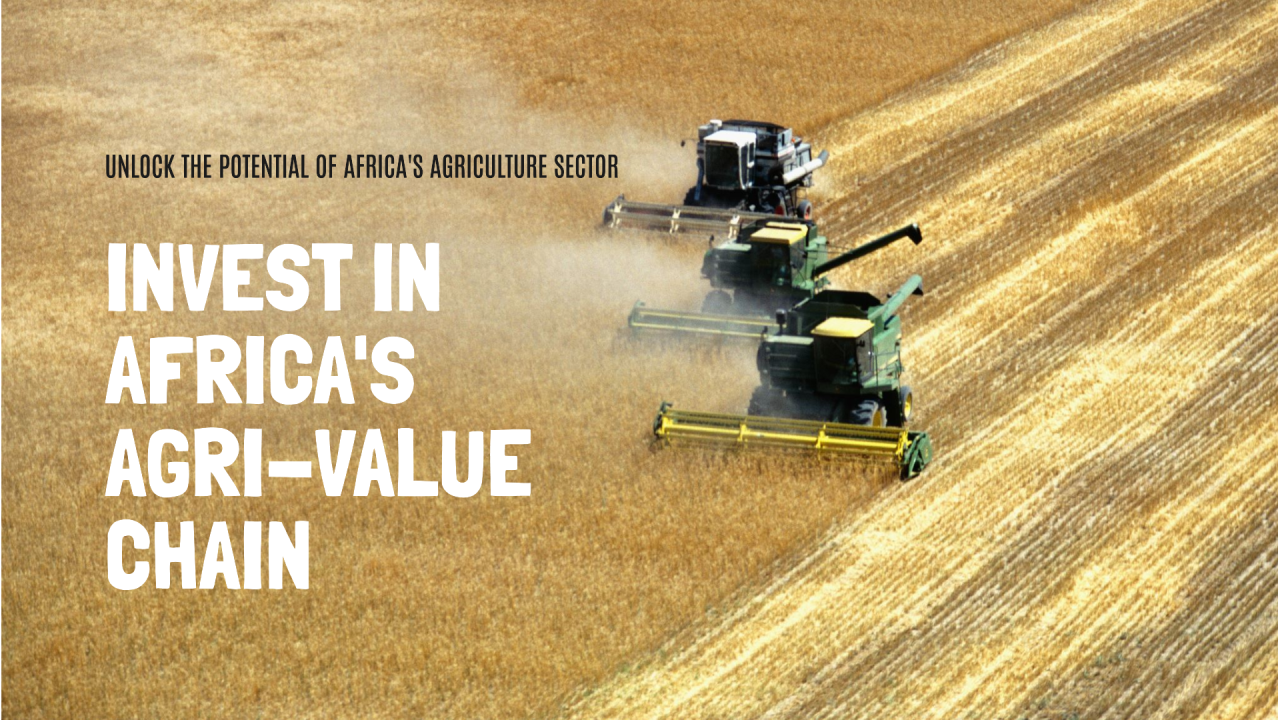- transportation systems to reduce transit times and costs.
- Market Access and Linkages: Initiatives that connect smallholder farmers to markets, such as contract farming, aggregation centers, and e-commerce platforms, can improve market access and prices.
- Capacity Building and Training: Training farmers and supply chain actors on best practices, such as handling, storage, and transportation, can reduce post-harvest losses and improve quality.
- Technology Adoption: Introducing modern technologies, such as mobile apps, blockchain, and data analytics, can improve supply chain visibility, efficiency, and decision-making.
- Supply Chain Integration: Encouraging collaboration and integration among supply chain actors can reduce transaction costs, improve trust, and increase efficiency.
- Policy and Regulatory Frameworks: Governments can develop policies and regulatory frameworks that support agricultural supply chain development, such as standards for quality and safety.
Benefits of Improved Agricultural Supply Chain Efficiency
Improving agricultural supply chain efficiency can have numerous benefits, including:
- Increased Farmer Incomes: By reducing post-harvest losses and improving market access, farmers can increase their incomes and improve their livelihoods.
- Food Security: Efficient supply chains can ensure a steady supply of fresh produce, reducing food shortages and prices.
- Economic Growth: A well-functioning agricultural supply chain can contribute to economic growth, creating jobs and stimulating economic activity.
- Poverty Reduction: By improving the livelihoods of smallholder farmers and other supply chain actors, efficient supply chains can contribute to poverty reduction.
- Competitiveness: Efficient supply chains can enable African agricultural products to compete in global markets, increasing exports and foreign exchange earnings.
Case Studies: Successful Initiatives
Several initiatives have successfully improved agricultural supply chain efficiency in Africa:
- M-Farm (Kenya): An e-commerce platform that connects farmers to markets, providing price information and logistics support.
- Farmcrowdy (Nigeria): A digital platform that enables farmers to access finance, inputs, and markets, while providing investors with opportunities to support agriculture.
- Twiga Foods (Kenya and Tanzania): A supply chain company that connects smallholder farmers to urban markets, providing logistics, financing, and market access.
Conclusion
Improving agricultural supply chain efficiency is crucial to unlocking Africa’s agricultural potential and achieving sustainable development. By investing in infrastructure, promoting market access and linkages, building capacity, adopting technology, and integrating supply chains, Africa can reduce post-harvest losses, increase farmer incomes, and improve food security. As the continent continues to grow and develop, efficient agricultural supply chains will play a critical role in driving economic growth, reducing poverty, and ensuring food security for all.

